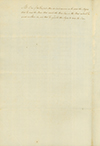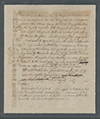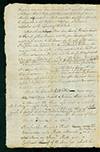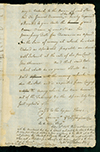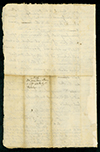American Revolution
Rhode Island took a leadership role in the American Revolution. From the daring night-time attack on the HMS Gaspee, a British naval vessel stationed in Narragansett Bay, to the passage of the Act of Renunciation on May 4, 1776, two months before the Declaration of Independence was signed, the colony was center of rebellion in the years leading up to the war. Once the war began, Rhode Islander Nathanael Greene quickly rose through the military ranks to become one of George Washington’s most trusted generals. Rhode Island also authorized the first non-white military regiment, the 1st Rhode Island Regiment. Comprised of Black and Indigenous men, it served in several battles including the Battle of Rhode Island in 1778, and the decisive Battle of Yorktown in 1781.
2022 marks the 250th anniversary of the attack on the HMS Gaspee. You can learn more about the event and its aftermath on our Gaspee resources page.
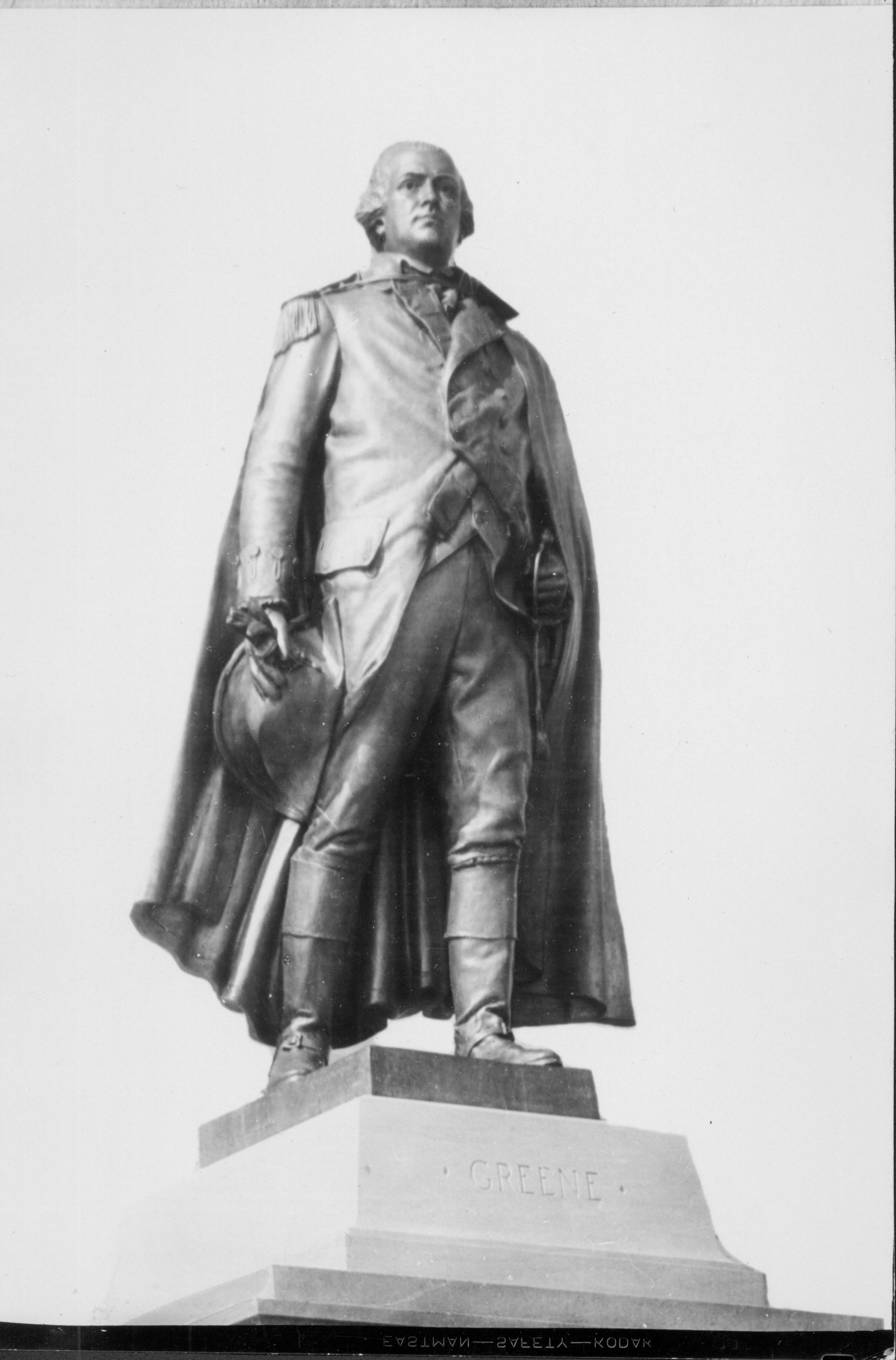
Primary Source Documents
Click on the thumbnails below to zoom in and explore these documents.
-
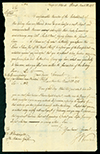
Letters from Governor Wanton to Lieutenant Dudingston, 1772
After receiving complaints from Rhode Island merchants about Lieutenant Dudingston, captain of the HMS Gaspee, Governor Wanton challenged Dudingston’s authority to operate in Narragansett Bay.
-
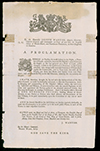
Wanton Proclamation, 1772
This broadside is how most Rhode Islanders learned about the Gaspee attack.
-
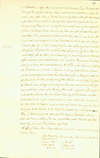
Testimony of Aaron, 1772
This testimony was given by Aaron, a young indentured servant of African heritage living on Prudence Island. The testimony was part of the Gaspee investigation.
-
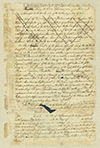
Act of Renunciation, 1776
Two months before the Declaration of Independence, Rhode Island renounced its allegiance to King George III.
-
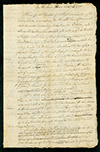
Legislation for the “Black Regiment,” 1778
In 1778, the General Assembly authorized the creation of a regiment comprised of free and enslaved African American and Native American men. The law stated that previously enslaved men who served in the regiment would be free at the war’s end.
-

Roll Book for the 1st Rhode Island Regiment, 1781-1783
This page from the regimental roll book describes some of the men who enlisted in the 1st Rhode Island Regiment.
Discussion Topics and Classroom Activities
4th grade and up
-
Imagine you’re a newspaper editor in 1772. Write an article about the Gaspee attack or the Act of Renunciation from either the English point of view, or the American point of view.
How did events in Rhode Island affect the course of the American Revolution?
-
Do you think joining the 1st Rhode Island Regiment would have been an easy choice for an enslaved man, or a difficult one? Explain your answer.
-
Look at the 1st Regiment Roll Book. How old is the youngest enlistee? How old is the oldest? What is the average age of enlistees? What is the median age? (Remember this is only one page of the book, so your answers may not apply to the whole regiment.)
6th grade and up
-
Most Americans know about the Boston Tea Party, but they don’t know about the attack on the HMS Gaspee. Why do you think this is the case?
-
Today we celebrate the Gaspee attack and the passage of the Act of Renunciation as patriotic acts, however when they took place, they were both rebellions against an established government. Consider these events in the context of current US and world news. Do they make you think differently about the past or the present? How do we determine whether an act is patriotic or treasonous?

